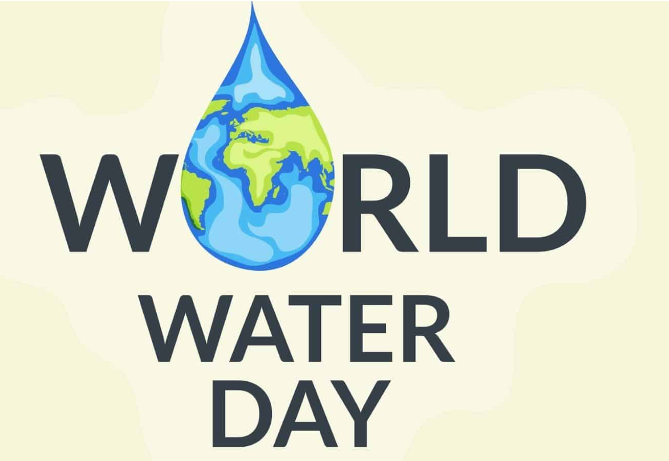Context:
Recently, the World Water Day was observed on 22nd March.
More on the news
• World Water Day is an annual United Nations Observance – held on 22 March – focusing on the importance of freshwater, coordinated by UN-Water.
• It is an occasion to realise the importance of freshwater, especially this year amid the ongoing Bengaluru water crisis.
- The tech hub is facing an acute water shortage due to failed monsoons and drying groundwater resource.
• The theme of 2024 is ‘Leveraging Water for Peace‘, collaborating to solve water-related issues creates positive outcomes and builds resilience to shared challenges.
• The theme changes every year, but the central focus remains on topics relevant to clean water, sanitation and hygiene (WASH), which is in line with the targets of Sustainable Development Goal 6.
UN-Water
• It is a ‘coordination mechanism’ founded in 2003.
• It comprises United Nations entities (Members) and international organizations (Partners) working on water and sanitation issues.
• Its role is to ensure that Members and Partners ‘deliver as one’ in response to water-related challenges.
• Headquarters: Geneva
History of World Water Day
• In 1992, the United Nations Conference on Environment and Development in Rio de Janeiro saw the first formal proposal of World Water Day under Agenda 21.
• The United Nations General Assembly adopted a resolution in December 1992 by which March 22 was declared World Water Day.
• A core focus of World Water Day is to support the achievement of Sustainable Development Goal (SDG) 6: water and sanitation for all by 2030.
• On this day, the UN’s flagship report on water and sanitation is launched every year.
• The day aims to create conversations and raise awareness about the importance of saving water
Significance
• Access to water is a human right. Yet, 2.2 billion live without safely managed drinking water services, with devastating impacts on their lives and wider society.
• Water can lead us out of crisis- Harmony between communities and countries can be fostered by uniting around the fair and sustainable use of water.
• Public health and prosperity, food and energy systems, economic productivity and environmental integrity all rely on a well-functioning and equitably managed water cycle.

